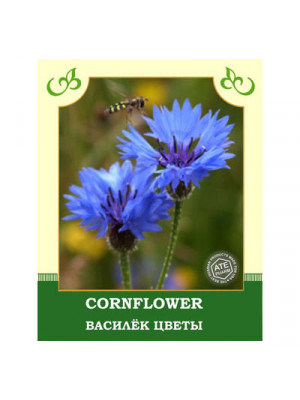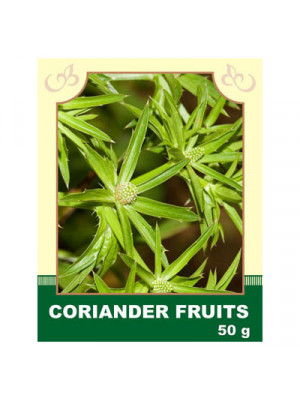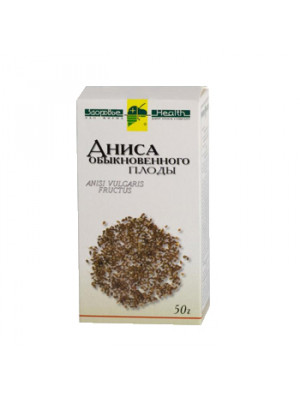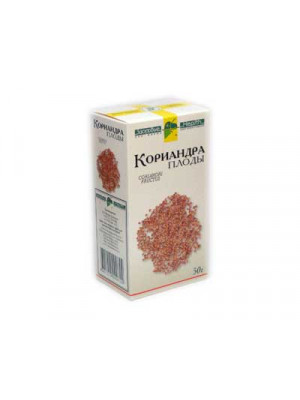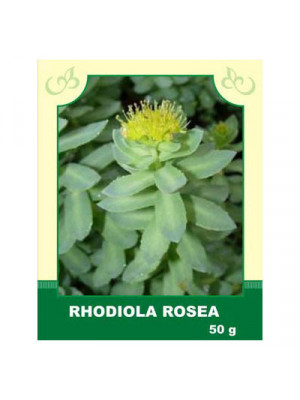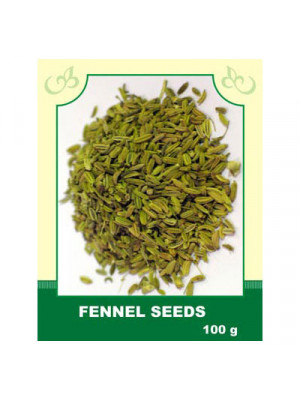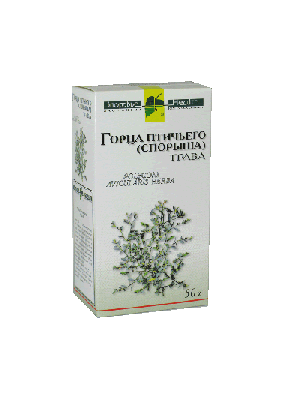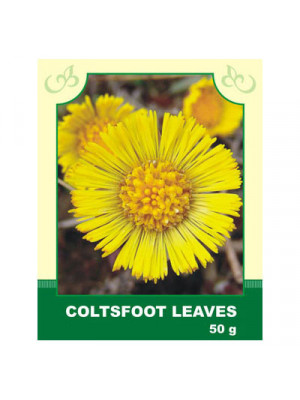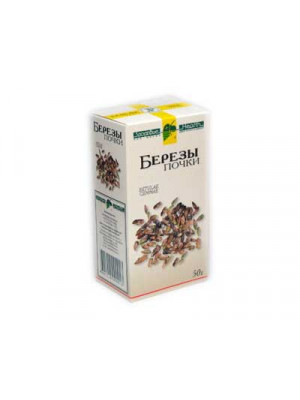Dry Herbs & Berries
If you like to use a lot of dry herbs and berries to create teas, wellness pads and an assortment of other items for well-being, our dry herbs and berries can provide you with a quick way to do it on your own. Each packet contains the herbs or berries of your choice that were freshly grown, chopped up and dried to perfection. Every herb and berries packet is 100% natural, with no artificial preservatives or added fillers. You're able to create a tasty blend with all that is provided from our large selection.
Internally, the infusion is used for colds, cough, constipation, stomach pains, kidney and bladder diseases, as a diaphoretic, and as a remedy for palpitations and headaches.
Method of application and dosage: Infuse 1 teaspoon of violet for 1 hour in closed dishes in 1 glass of boiling water, cool, strain. Take 1/2 cup 3 times a day 15-20 minutes before meals.
Externally, the infusion of flower petals is used as eye drops and compresses for certain eye diseases. Crushed plant material is applied to wounds to promote healing.
Contraindications: Individual intolerance. The plant is weakly toxic, so caution should be exercised with dosage.
$6.99- Applied as a sedative with increased excitability, irritability, and for the treatment of neurotic disorders$7.99
Internally, the infusion improves digestion and is used for gastritis, stomach ulcers, and duodenal ulcers. Widely used in cooking as a spice and for preserving food.
Method of application and dosage: Steep 1 tablespoon in a cup of boiling water or hot milk for 1 hour, strain, sweeten to taste. Take 1/4 cup 4 times a day, hot.
Contraindications: individual intolerance.
$6.99Internally, it is an effective remedy for insufficient milk during lactation. It has antiseptic and expectorant effects and can be used for bronchitis, wet cough, and other respiratory tract pathologies. Additionally, it helps normalize liver function. It is applied to diseases of the bladder, urinary tract, and can help get rid of kidney stones.
Method of application and dosage: 1 teaspoon of dry seeds is poured into a cup and filled with boiling water. The tea is infused for 10 minutes, then strained and consumed half an hour after eating. You can have 2-3 cups per day.
External use: used for inhalations.
Contraindications: digestive system problems, pregnancy, individual intolerance.
$7.99- The part of the world, which regularly cultivates coriander, is India, China, Malaysia, Thailand, the US and European countries. Coriander is rich in vitamins and minerals. Coriander contains calcium, phosphorous, iron, few vitamins from Vitamin B-complex group and Vitamin C. This is the reason why it is freely advised in any condition related to avitaminosis. Coriander helps improving digestion. It helps in stimulating hunger to patients who are anorexic. Coriander helps relieving distention in addition. The properties of coriander are cholagogic, antiseptic, analgetic, expectorant, diuretic and many others.$7.99
Internally, it is taken as a means of stimulating the central nervous system, for increased fatigue, during increased mental stress, in depressive states in alcoholism patients, to increase endurance on long hikes, for hypotension, insomnia, impotence, and sexual weakness.
Method of application and dosage: Prepare a tincture on 40% alcohol in a ratio of 1:5, infuse in a dark place for 3-4 weeks, strain, and take 15 drops 3 times a day 15-20 minutes before meals. The infusion is prepared by pouring 10 g of raw material with 200 ml of boiling water, infusing for 4 hours, straining, bringing to the original volume with boiling water, and taking 1/2 cup 2-3 times a day.
Contraindications: individual intolerance, with sharply expressed excitability, hypertensive crisis, febrile conditions. Overdose is not allowed. It is not recommended to take it at night or late in the evening.
$6.99Internally: Fennel fruits are prescribed for spasmodic colitis, flatulence, to improve appetite, digestion, bile secretion, as well as for diseases of the biliary and urinary tracts and other diseases. The infusion is especially often prescribed in pediatrics (in the form of dill water) for abdominal pain in children; for bronchitis and diseases of the upper respiratory tract; for lactation in breastfeeding women.
Method of application and doses: 2 tablespoons of fennel seeds are poured with 200 ml of boiling water, boiled in a water bath for 15 minutes, infused at room temperature for 45 minutes, strained. The ready infusion is brought to the original volume and taken in 1/3 cup 3-4 times a day.
Externally: Gives a good therapeutic effect in the treatment of fungal skin diseases.
Contraindications: Individual intolerance.
$6.99Internally, it is taken for uterine bleeding after abortion and in the postpartum period, for uterine fibroids, as well as for all internal bleeding; for diseases of the liver, kidneys, bladder, and stomach; for all lung diseases. Decoctions and infusions accelerate wound healing by increasing blood clotting, reduce the bleeding of mucous membranes, eliminate toxins and various harmful substances from the body, and enhance immunity.
Method of application and dosage: 3 tablespoons of raw material are poured with 200 ml of boiling water, infused for 45 minutes, strained, squeezing out the remaining plant material. The infusion is brought to the original volume with boiling water. Take 1/3 cup 2-3 times a day before meals.
Externally, in the form of baths, it is used for the prolapse of hemorrhoidal nodes and the rectum.
Contraindications: Individual intolerance.
$6.99Folk remedy for strengthening hair and combating dandruff:
A decoction of coltsfoot mixed with nettle is an effective remedy for strengthening hair and combating abundant dandruff.
Internal use:
Take it internally for the following conditions: bronchial asthma, bronchitis, pleurisy, pneumonia, runny nose, flu, inflammatory processes in the oral cavity, toothache, arthritis, myositis, allergies, epilepsy, malaria, edema, shortness of breath, gastrointestinal diseases, peptic ulcer, gastritis, heart diseases, bladder, and kidney diseases.
Preparation and dosage: Pour 5 g of raw materials with 200 ml of boiling water, boil for 10 minutes, infuse at room temperature for 10-15 minutes, then strain. Take 1 tablespoon 3-4 times a day before meals.
External use:
Externally, the decoction is used for accelerating the ripening of boils, for chronic wounds and ulcers. It is also used for gargling in case of angina and for douching in inflammatory diseases of the female genital organs accompanied by discharge. For external use, pour 50 g of raw materials with 1 liter of boiling water, boil for 5 minutes, strain, and apply externally.
Contraindications: Individual intolerance.
$6.99- Birch Buds contain volatile oils, ascorbic acid, bitters, flavonoids, tannins, sugars. Decoction and infusion of birch buds are considered to have diuretic, antiseptic, anti-inflammatory, cholagogic and wound healing properties. Some medics observed great increase of urination under influencing of this decoction and substantial abatement of edemas even when other heart and the diuretics did not help.$9.99


